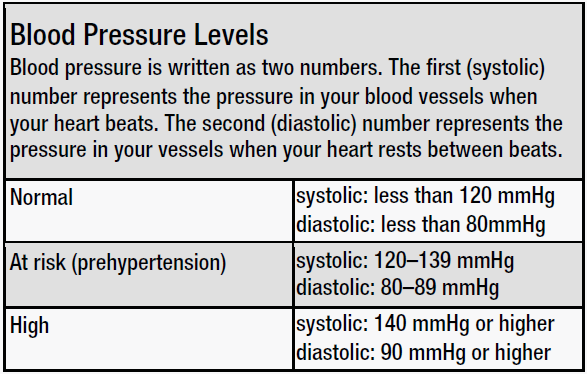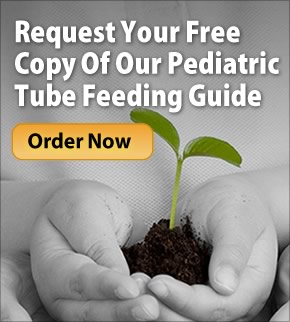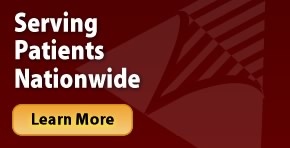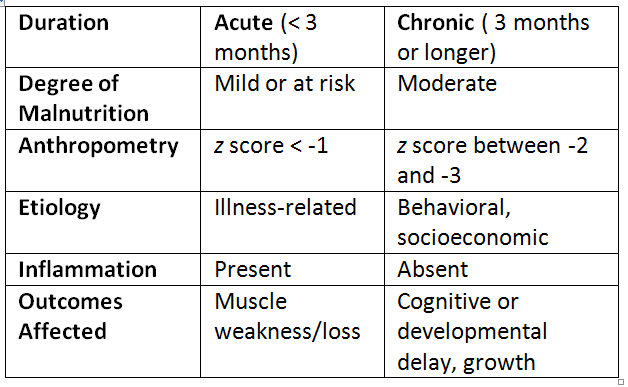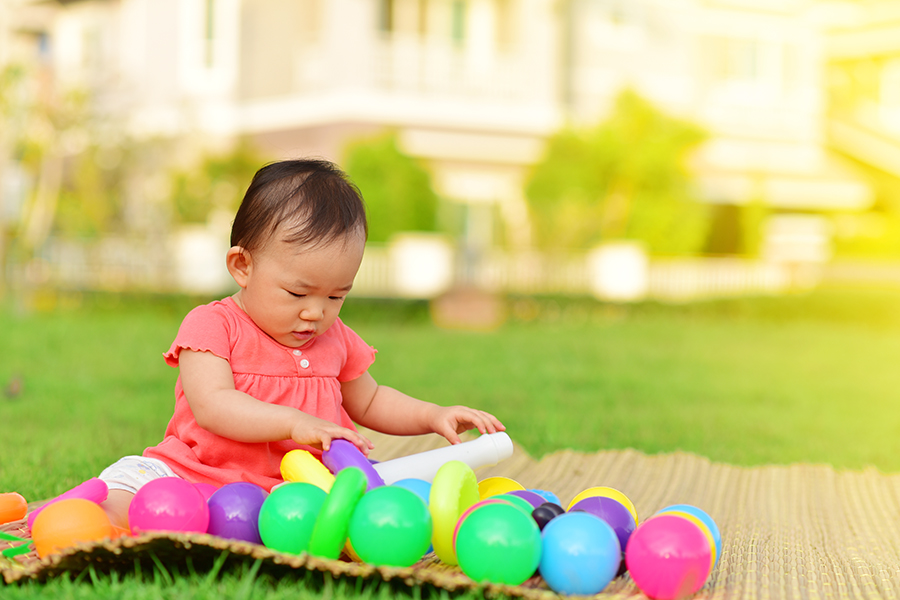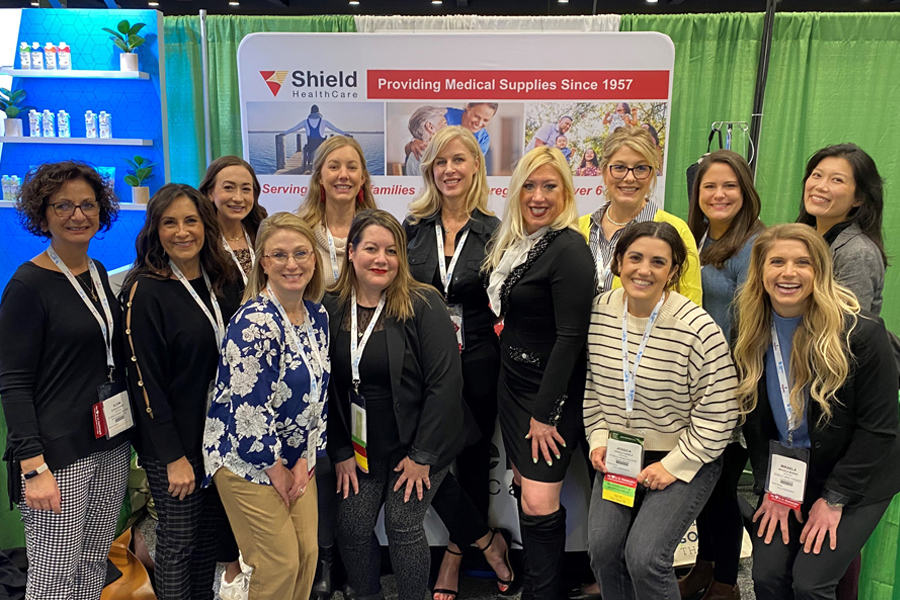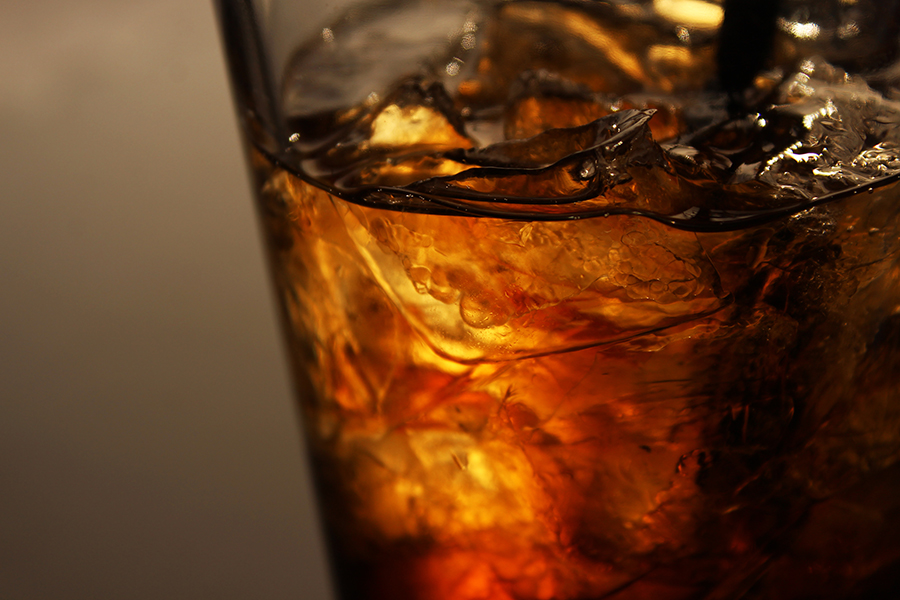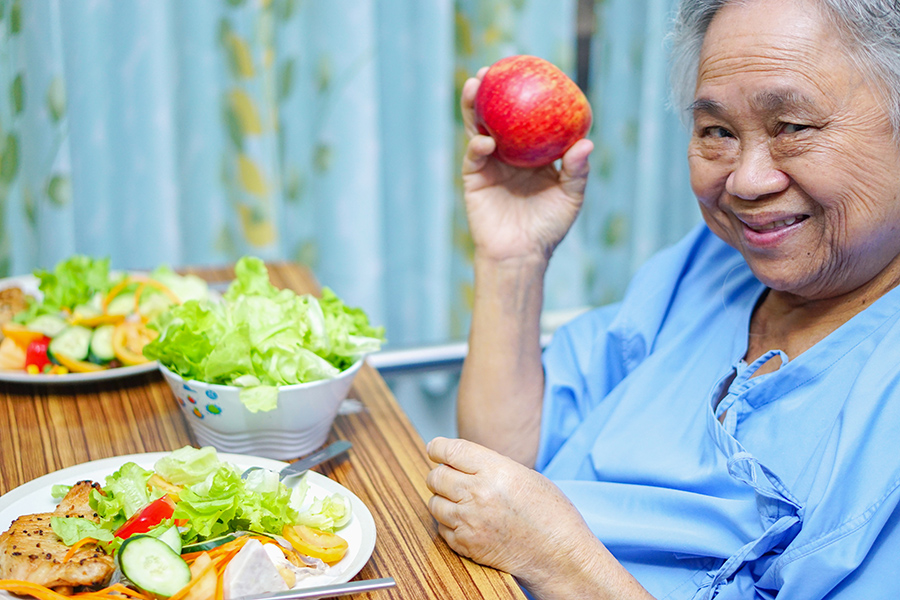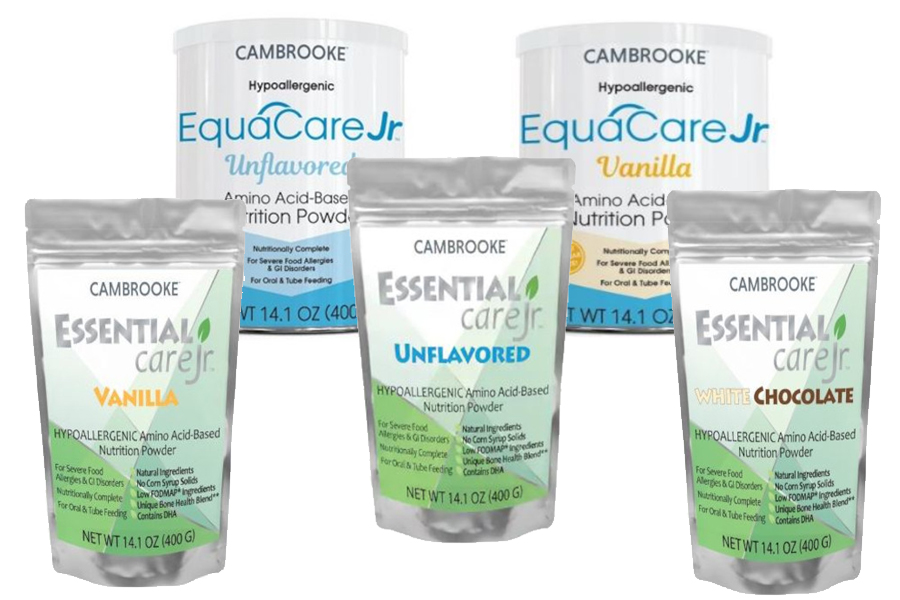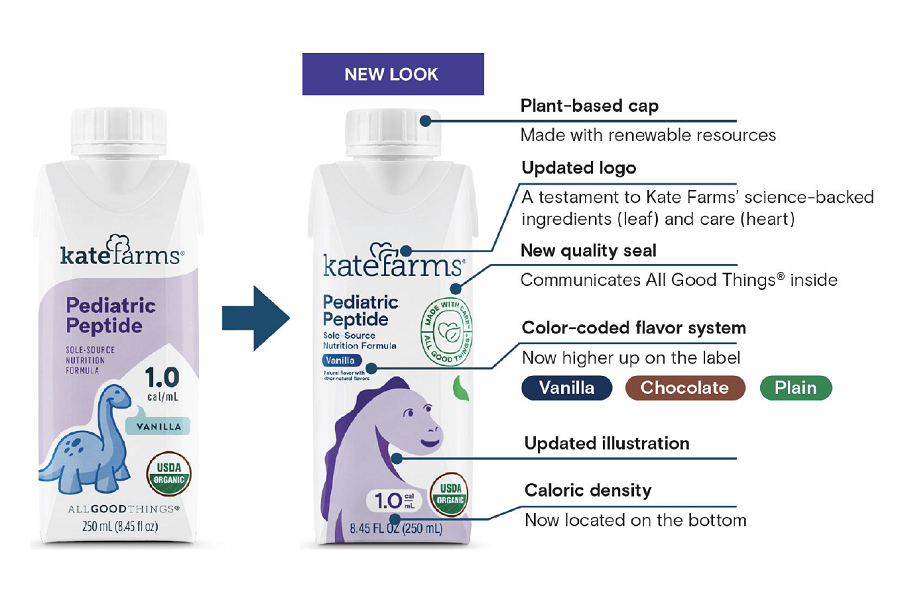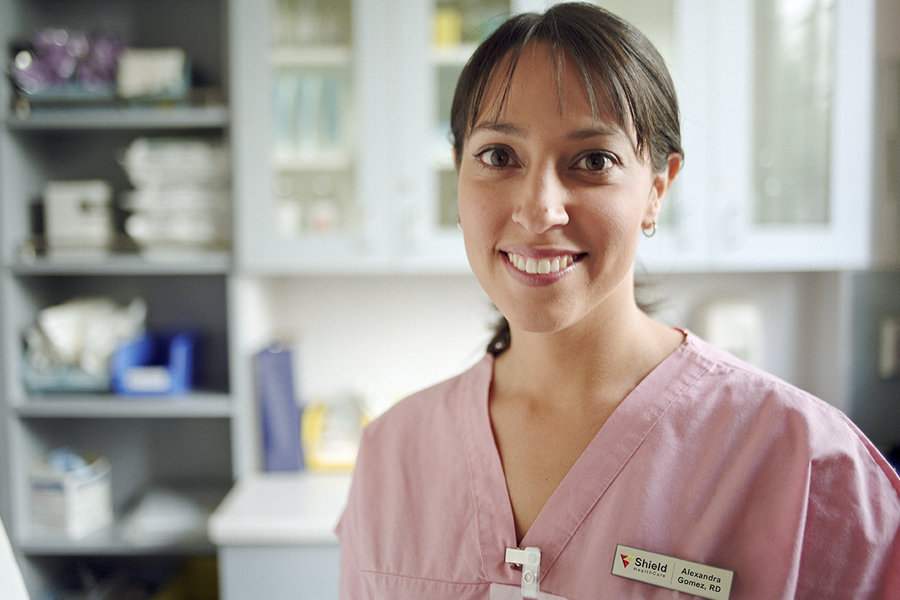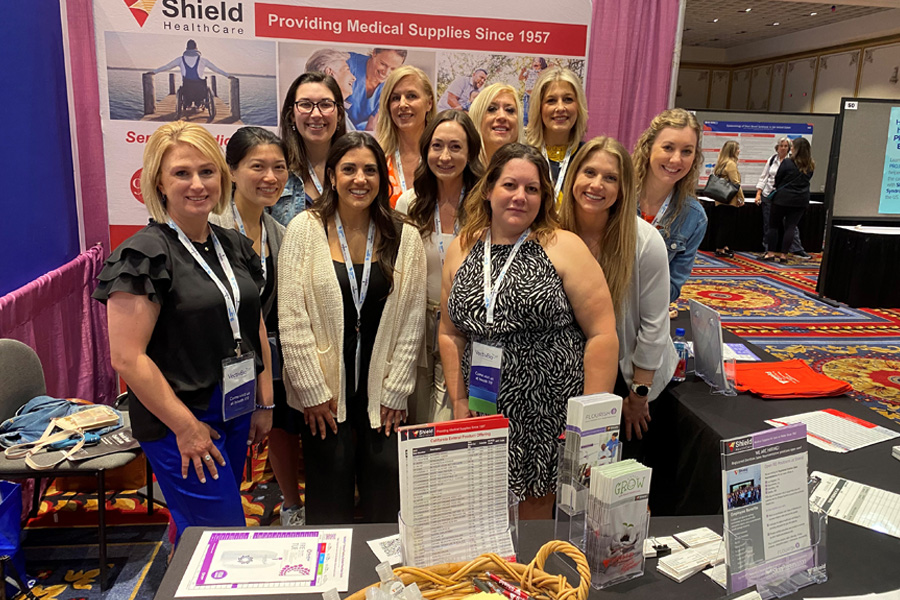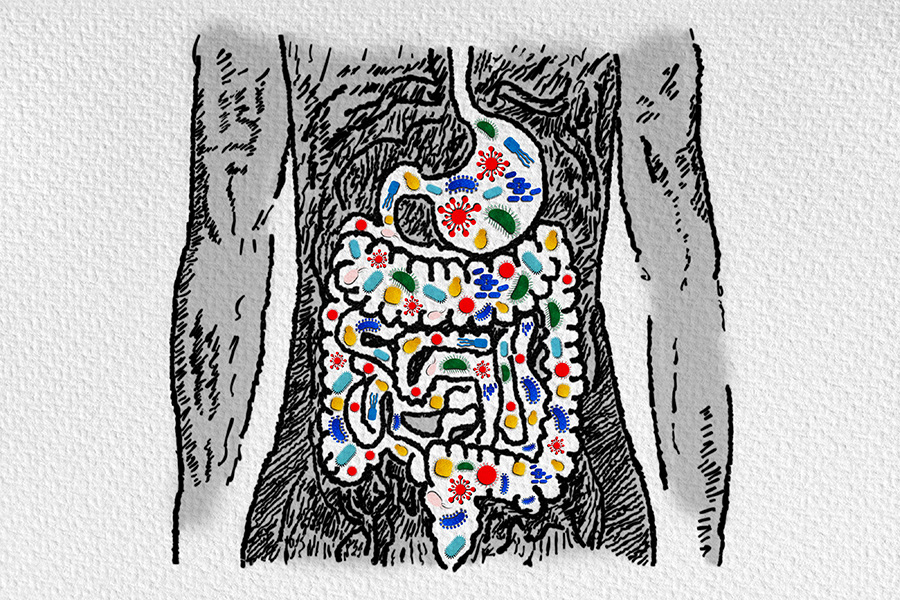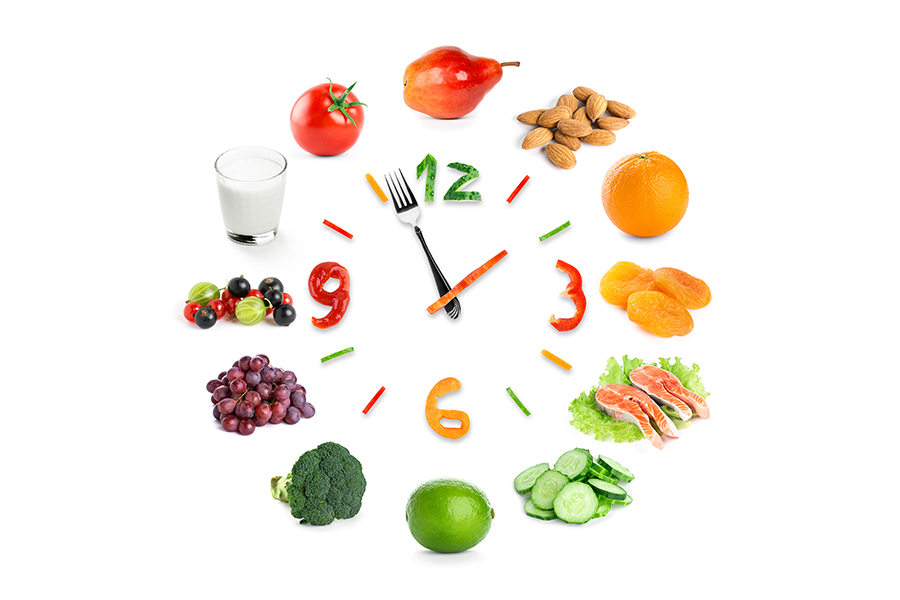What Is High Blood Pressure?
High blood pressure, also known as hypertension, is the most common cardiovascular disease. It affects millions — even children and teens. One out of 3 adults in the United States has high blood pressure, costing the US $47.5 billion in medical expenses and $3.5 billion in lost productivity per year.
Like air in a tire, blood pushes against artery walls as it circulates the body. In the same way that too much air pressure can damage a tire, high blood pressure can threaten healthy arteries and lead to life-threatening conditions such as heart disease, heart attack, stroke, kidney disease and congestive heart failure. You might not know you have high blood pressure, as it usually has no warning signs or symptoms.
What Can You Do?
-
- Reduce sodium intake: Cutting back on salt prevents your blood pressure from rising. At home, ditch the salt shaker and reach for salt-free seasonings, like lemon pepper or Trader Joe’s 21 Seasoning Salute. When grocery shopping, check the label before you buy. Choose foods that provide less than 20% of the daily value for sodium.
- Eat more fruits and vegetables: Adequate potassium, magnesium and calcium intake helps reduce blood pressure. Many fruits, vegetables, nuts, whole grains, dairy foods, and fish are good sources of potassium, magnesium and calcium.
- Maintain a healthy weight: Being overweight can make you two to six times more likely to develop high blood pressure. Even a small amount of weight loss can lower your blood pressure.
- Reduce stress: Stress elevates your blood pressure. Over time, chronic stress exposes your body to unhealthy, persistently elevated levels of stress hormones like adrenaline and cortisol. There are many ways to ease stress, including exercise, getting enough rest, and eating a healthy diet. See this WebMD article for ways to ease stress.
.
- Get moving: People who are physically active have a 20% to 50% lower risk of getting high blood pressure than people who are not active. Aim for 30 minutes of moderate activity on most days of the week.
- Get checked regularly: The only way to tell whether you have high blood pressure is to have your blood pressure measured with a blood pressure cuff. There may be no outward symptoms or signs, so monitoring your blood pressure is essential to your health. Get your blood pressure checked regularly by a physician.
What Do the Numbers Mean?
Information for this article was provided by Shield HealthCare’s Corporate Registered Dietitian, WebMD and Centers For Disease Control and Prevention.







